Jesus’s life, while ultimately characterized by love and redemption, was also marked by significant conflict. From his early ministry to his crucifixion, he faced opposition from various groups, forcing him to navigate complex social and religious landscapes. This exploration delves into the key conflicts that shaped his life and ministry.
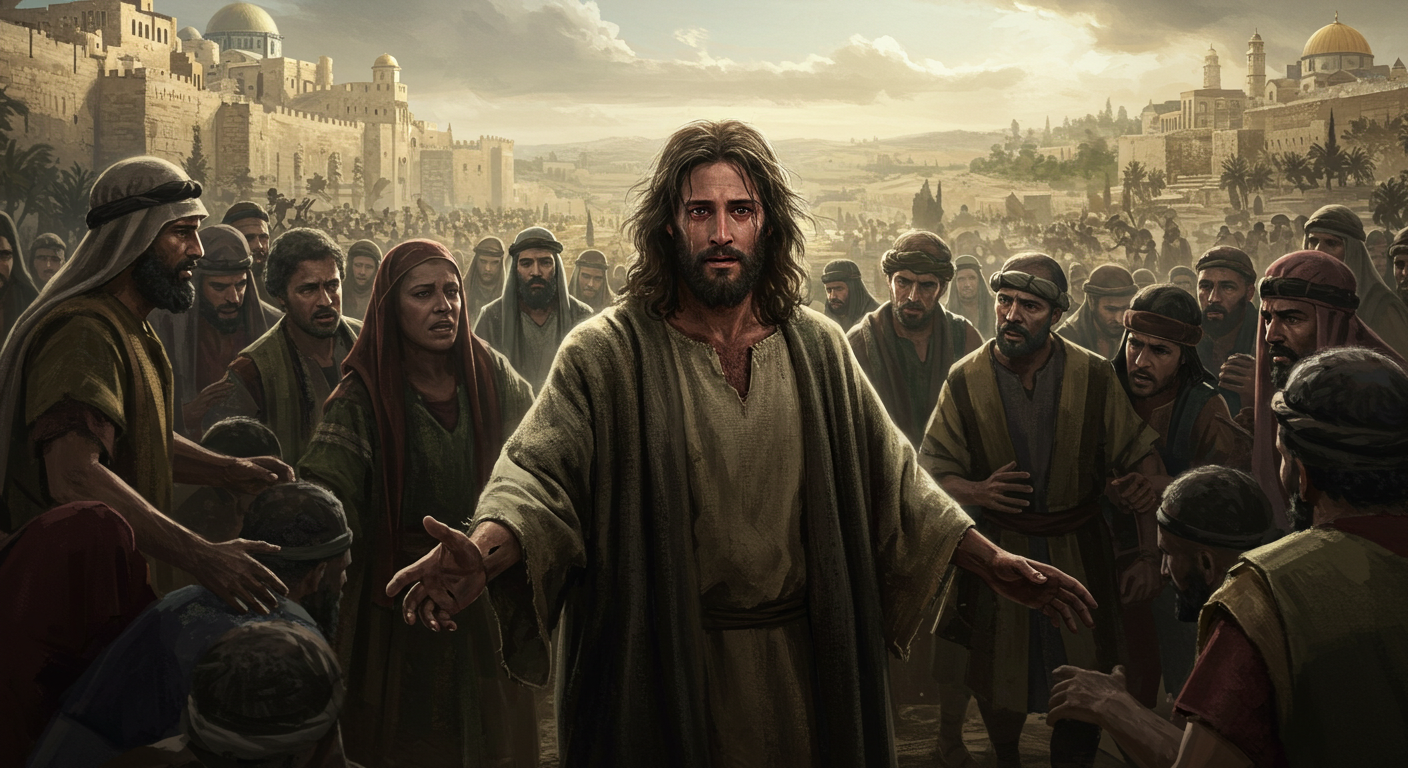
The Conflict with the Pharisees and Sadducees
Jesus frequently clashed with the Pharisees and Sadducees, the dominant religious authorities of his time. Their differing interpretations of Jewish law and tradition led to many public disputes, highlighting irreconcilable views on religious practice and authority. These conflicts are well documented in the Gospels and offer insight into the political and religious climate of first-century Judea. Learn more about the Pharisees.
Conflicts Arising from Miracles
The miracles performed by Jesus, while often viewed as acts of divine power and compassion, also provoked conflict. Some saw them as genuine wonders, while others attributed them to demonic forces or questioned their authenticity. This skepticism contributed to the growing opposition he faced. Read more about the miracles of Jesus.
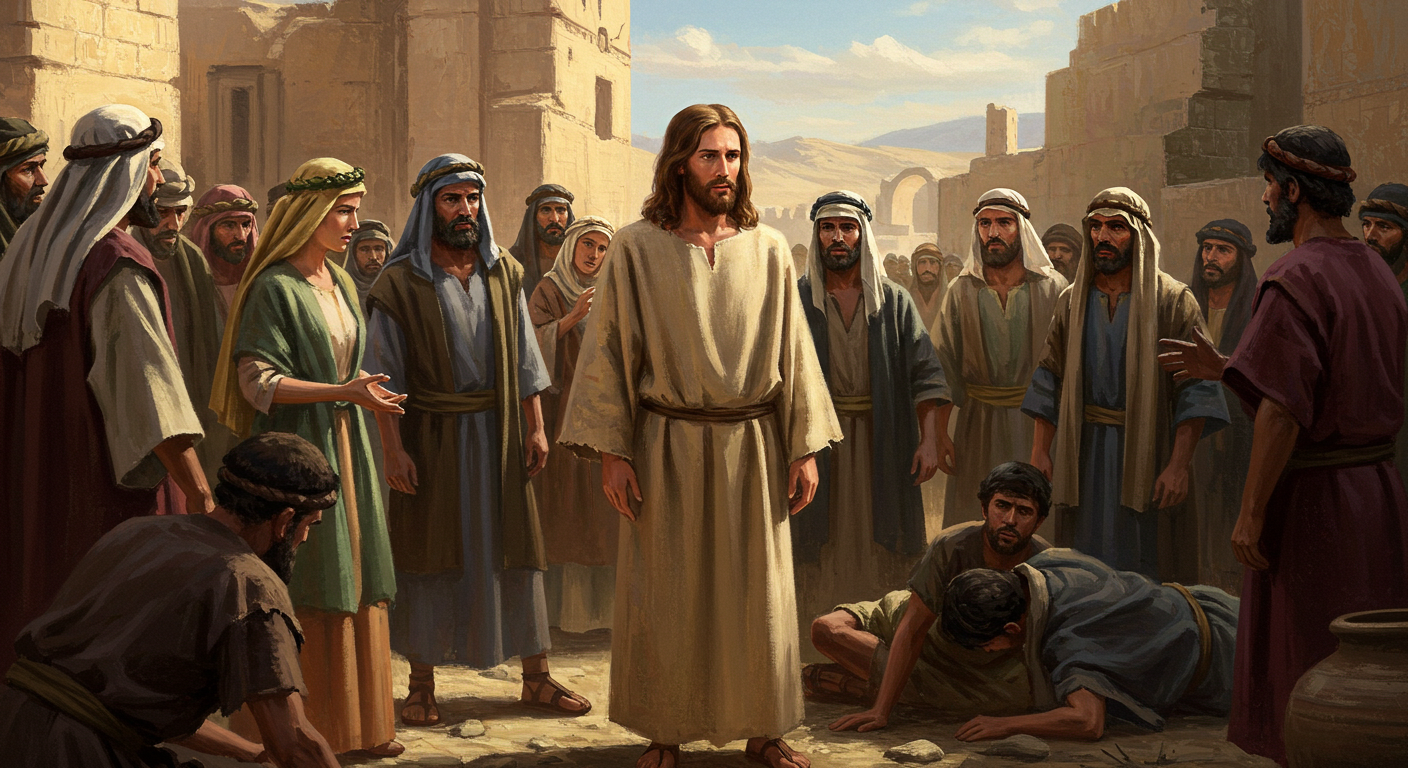
The Conflict Over Sabbath Observance
Jesus’s actions on the Sabbath consistently challenged the rigid interpretations of Jewish law by the Pharisees. His healing of the sick and his teaching on the Sabbath prompted accusations of blasphemy, further escalating tensions. This conflict underscores the fundamental differences in their understanding of religious observance. Understanding the Sabbath in Jesus’s time.
Conflict with the Roman Authorities
Jesus’s ministry was not only contested by religious leaders but also attracted the attention of the Roman authorities. His growing popularity and perceived threat to Roman rule ultimately led to his arrest and crucifixion. The political dimension of Jesus’s conflict is crucial to understanding his fate. Explore the Roman occupation of Judea.
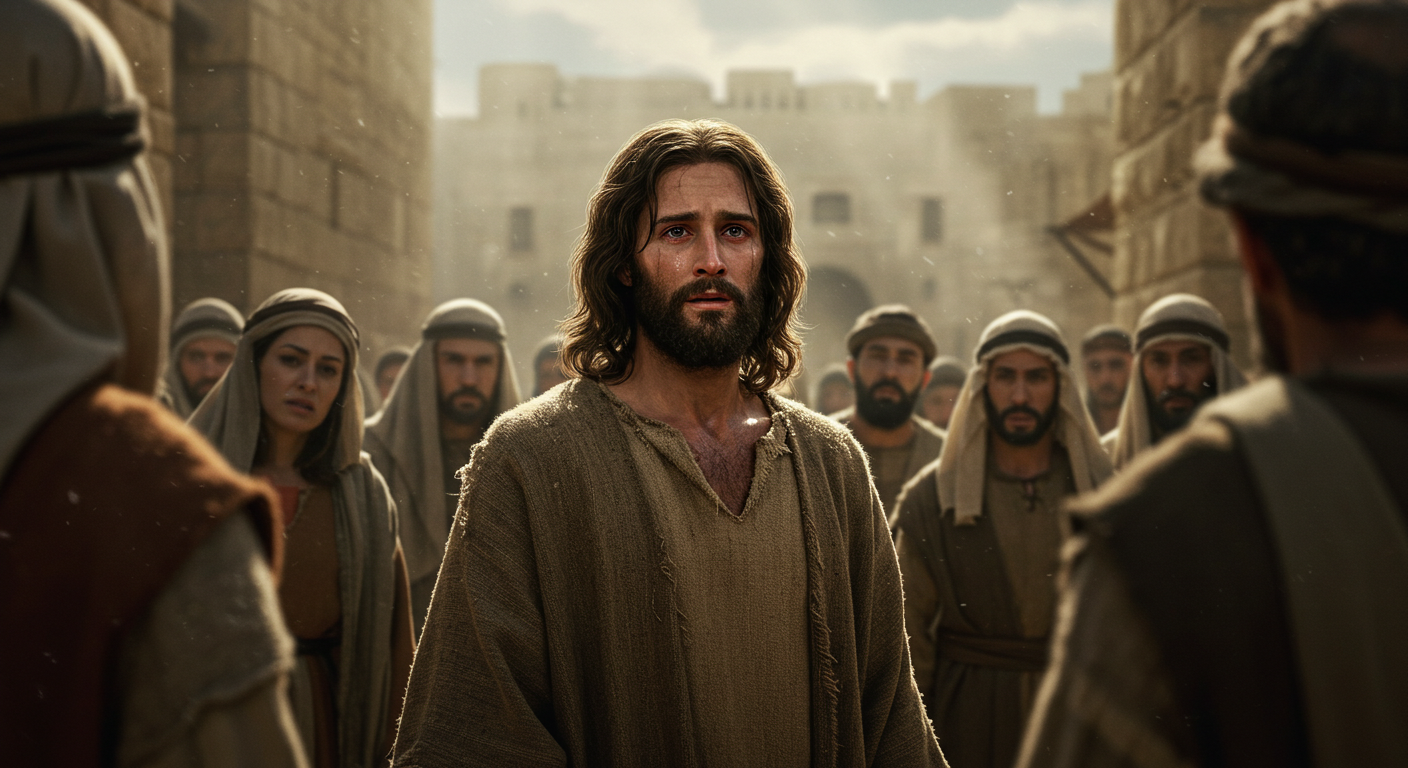
The Conflict within His Disciples
Even among his own disciples, Jesus faced conflicts. Their ambitions, misunderstandings, and personal struggles often created internal tension within the group. This dynamic adds a human dimension to the narrative, portraying Jesus as a leader navigating not only external opposition but also internal challenges. The disciples’ journey of faith.
The Conflict of Interpretation
The teachings of Jesus often led to conflicts of interpretation. Different groups understood his parables and pronouncements in various ways, resulting in diverging perspectives and actions. This highlights the ongoing challenge of understanding and applying his message in different contexts.
The Conflict Over Authority
Jesus’s claim to be the Son of God and his assertion of authority challenged the established religious and political structures. This conflict over authority formed the crux of much of the opposition he faced throughout his ministry.
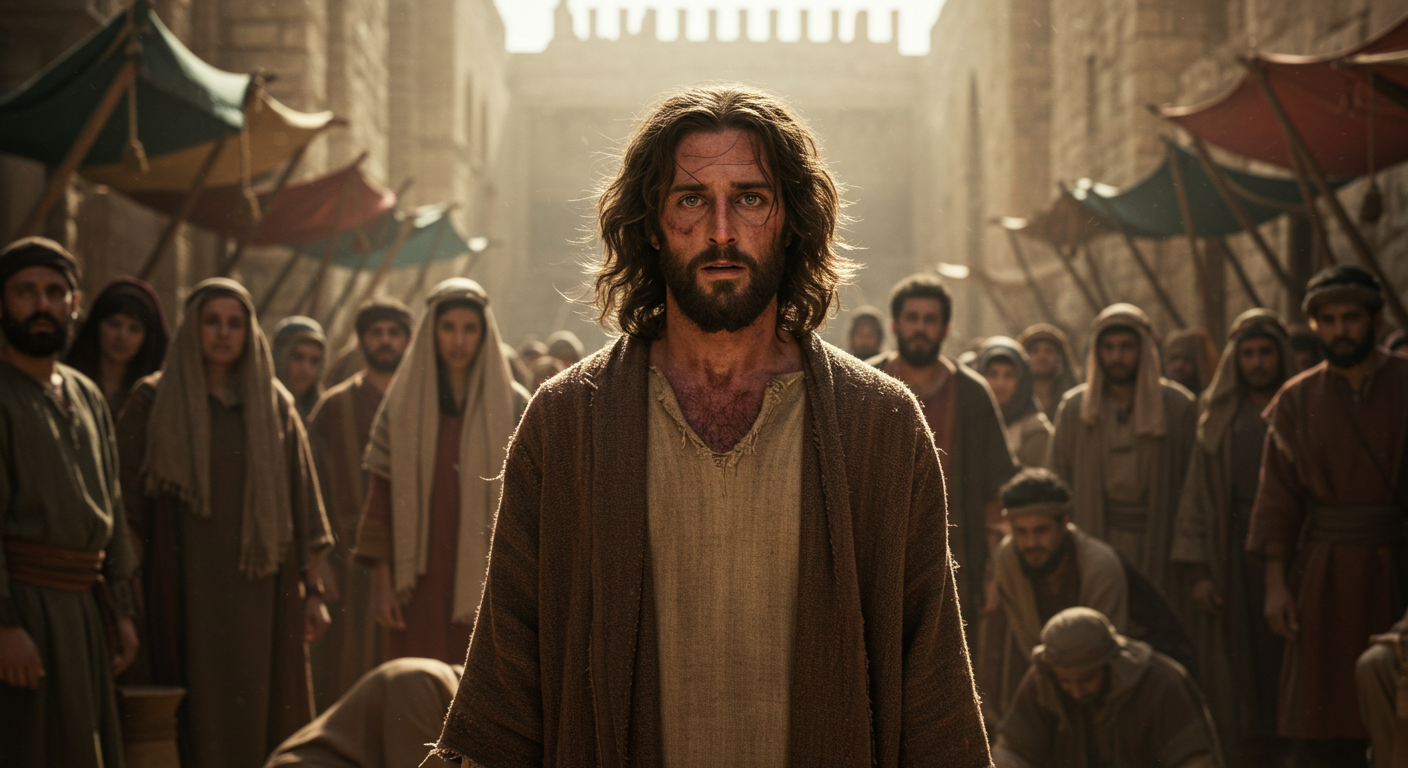
The Conflict of Forgiveness
Jesus’s radical message of forgiveness and reconciliation conflicted with the prevailing legalistic and retributive attitudes of the time. This generated resistance from those who prioritized strict adherence to the law over compassion and mercy.
The Conflict of Wealth and Poverty
Jesus’s teachings on wealth and poverty challenged the social hierarchy of his time, creating conflict with those who benefited from the existing system. His emphasis on compassion for the poor was a direct critique of the wealthy and powerful.
The Conflict of Truth and Deception
Jesus’s ministry was a constant battle against deception and hypocrisy. He challenged religious leaders who prioritized outward appearances over genuine faith, leading to significant opposition.
The Conflict of Love and Hatred
Jesus’s life demonstrated the ultimate conflict between love and hatred. His message of unconditional love was met with intense hatred by those who felt threatened by his teachings and actions.
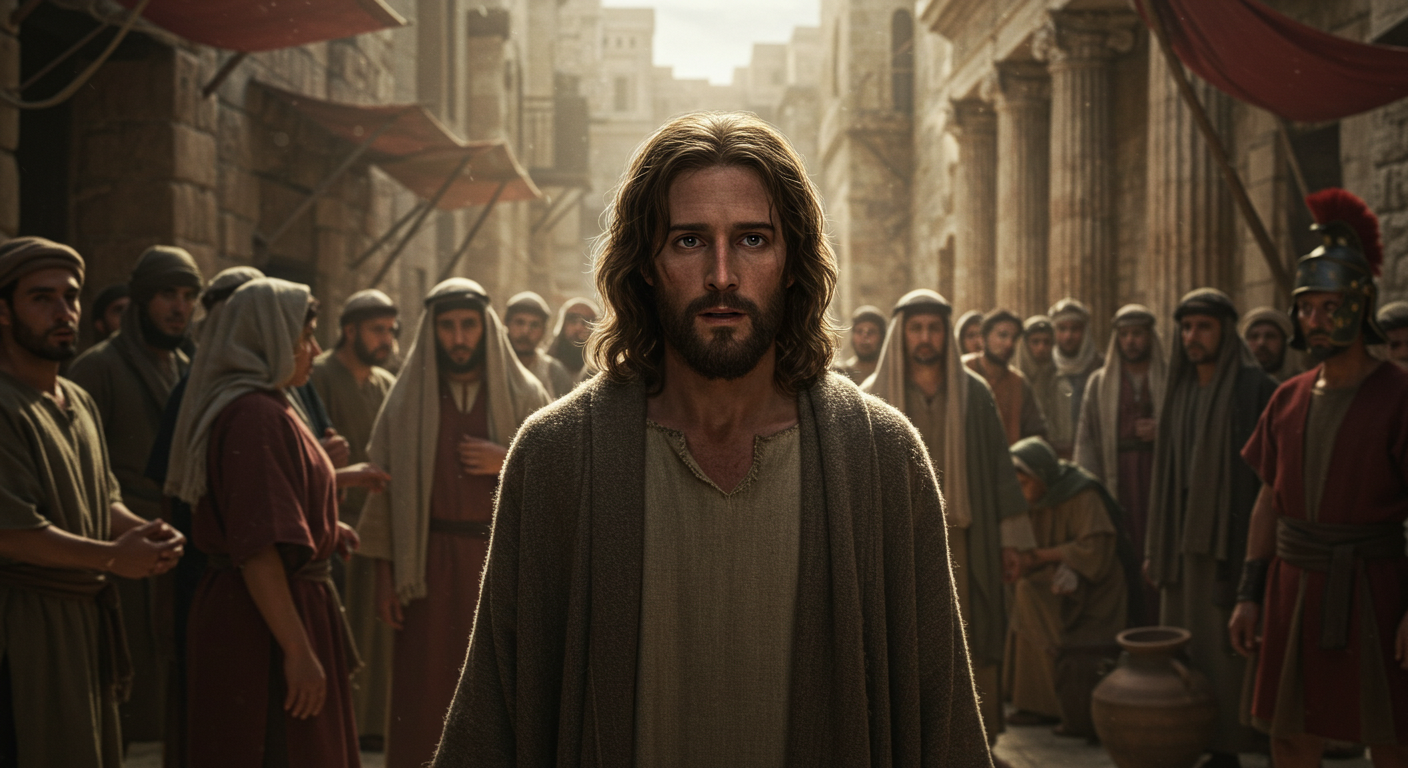
The Conflict of Life and Death
The conflict between life and death is central to the story of Jesus. His ministry was a testament to the power of life, while his crucifixion symbolized the ultimate sacrifice in the face of death.
The Conflict of Faith and Doubt
Even among his followers, there was a conflict between faith and doubt. The disciples grappled with understanding Jesus’s identity and mission, highlighting the human struggle with belief.
The Conflict of Hope and Despair
Amidst the conflicts and challenges, Jesus offered a message of hope that countered the despair and hopelessness prevalent in his time.
The Conflict of Justice and Mercy
Jesus’s teachings emphasized both justice and mercy, creating a tension between the need for accountability and the importance of forgiveness. This complex interplay is a defining aspect of his message.
The Conflict of the Kingdom of God
At the heart of Jesus’s ministry was the proclamation of the Kingdom of God. This concept challenged the existing political and religious orders, sparking conflict with those who clung to the status quo.
In conclusion, Jesus’s life was a tapestry woven with threads of conflict. These conflicts, far from being mere obstacles, were integral to his message and ultimately shaped his legacy. His unwavering commitment to truth, compassion, and justice in the face of adversity continues to inspire and challenge us today. Learn more about Jesus’s teachings.
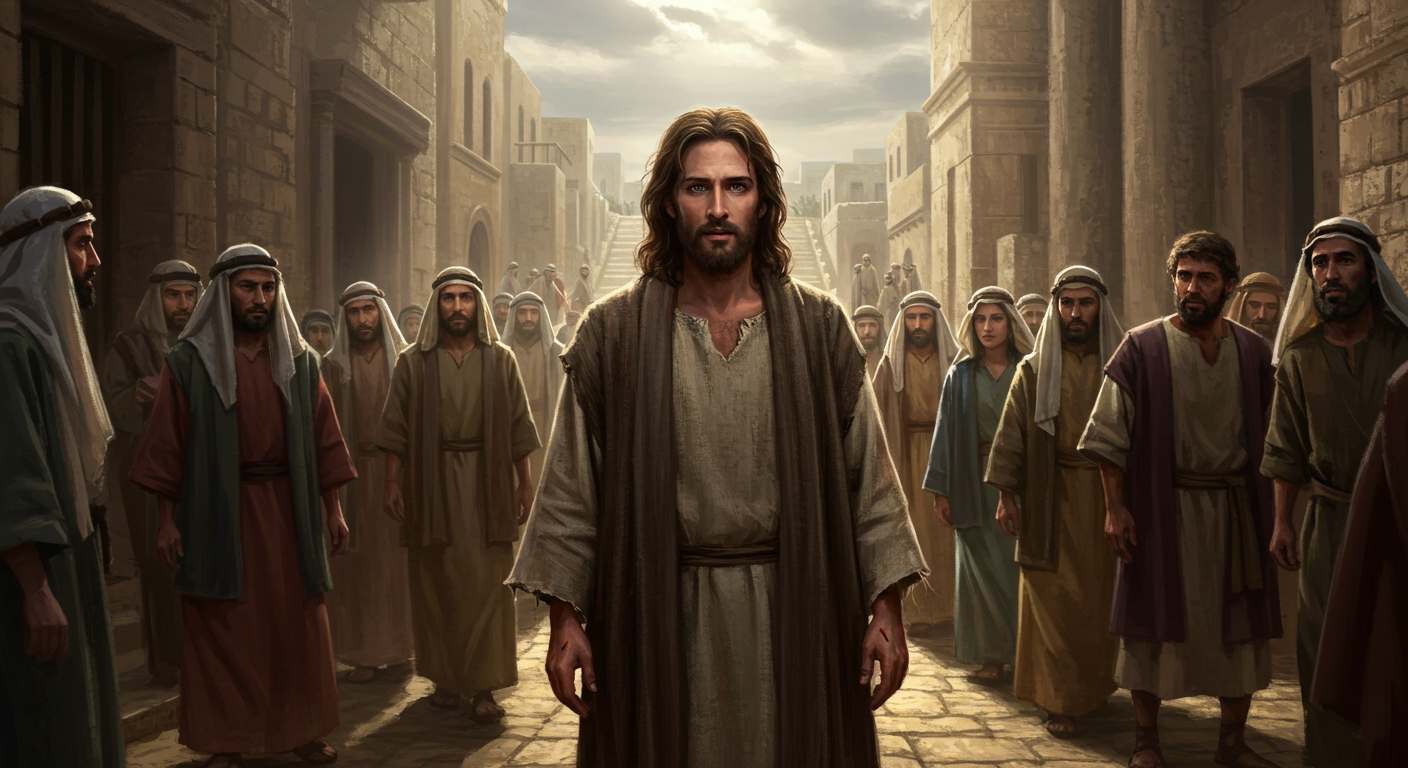
Frequently Asked Questions
What were the main reasons for the conflict between Jesus and the religious leaders? The main reasons stemmed from differing interpretations of Jewish law, Jesus’s miracles, his claims to authority, and his challenge to their established power.
How did Jesus’s conflicts contribute to his crucifixion? His challenges to the religious and political authorities ultimately led to his arrest and execution by the Roman authorities.
What can we learn from Jesus’s experiences with conflict? We can learn the importance of standing up for our beliefs, the power of compassion and forgiveness, and the resilience of faith in the face of opposition.
How did Jesus respond to conflict? Jesus consistently responded with love, forgiveness, and a commitment to his message, even in the face of intense opposition. He emphasized the importance of inner transformation rather than outward conflict.
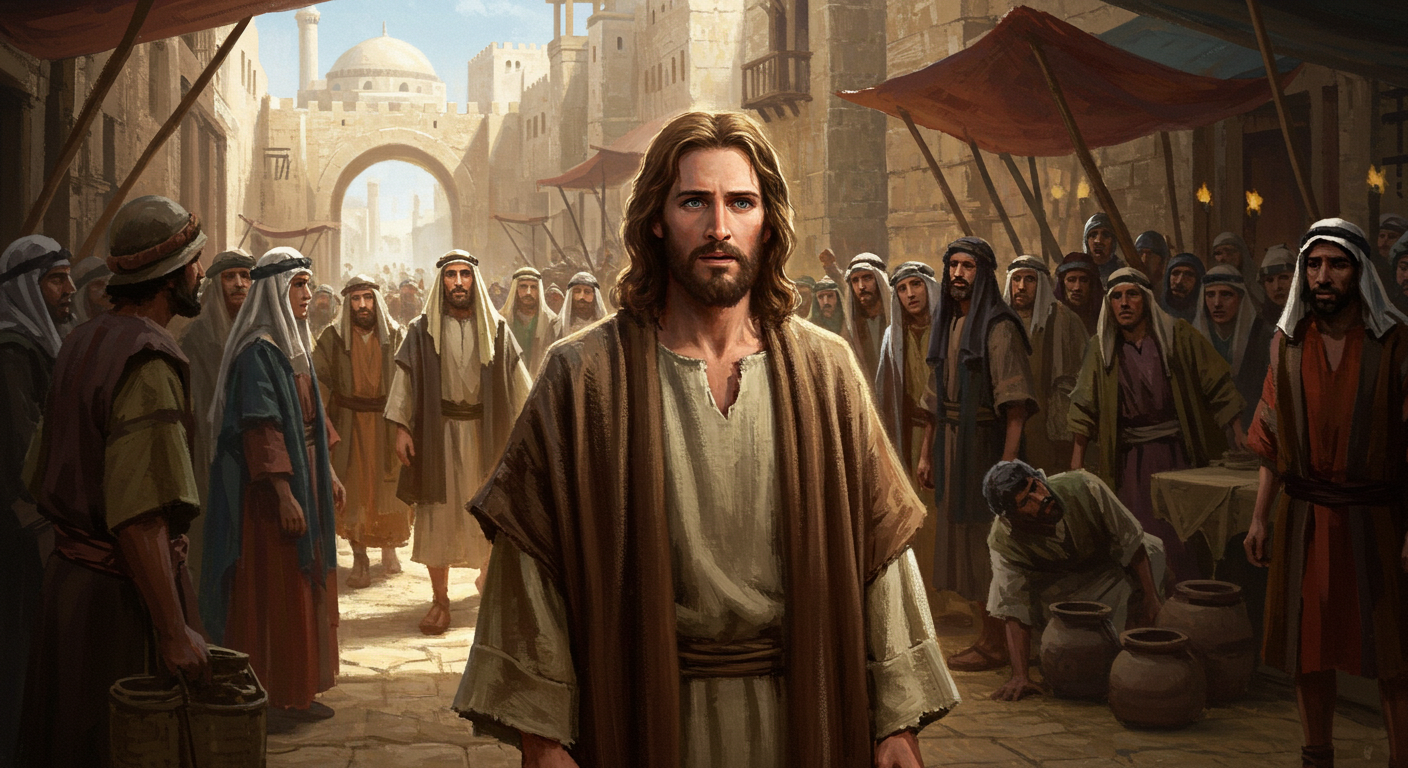
Why is understanding Jesus’s conflicts important today? Understanding these conflicts helps us better comprehend his teachings and their relevance to contemporary issues of justice, faith, and social change. Explore the ongoing relevance of Jesus’s message.
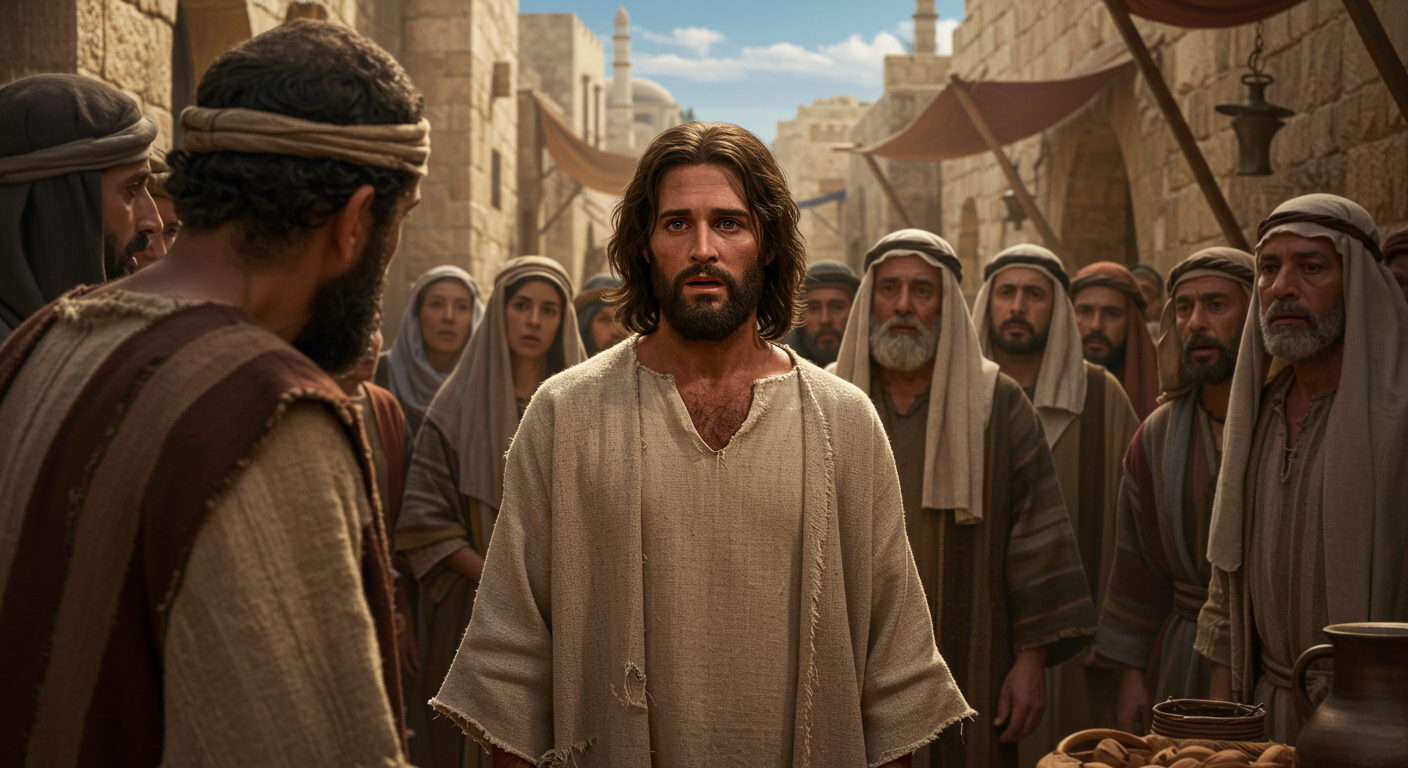
Leave a Reply